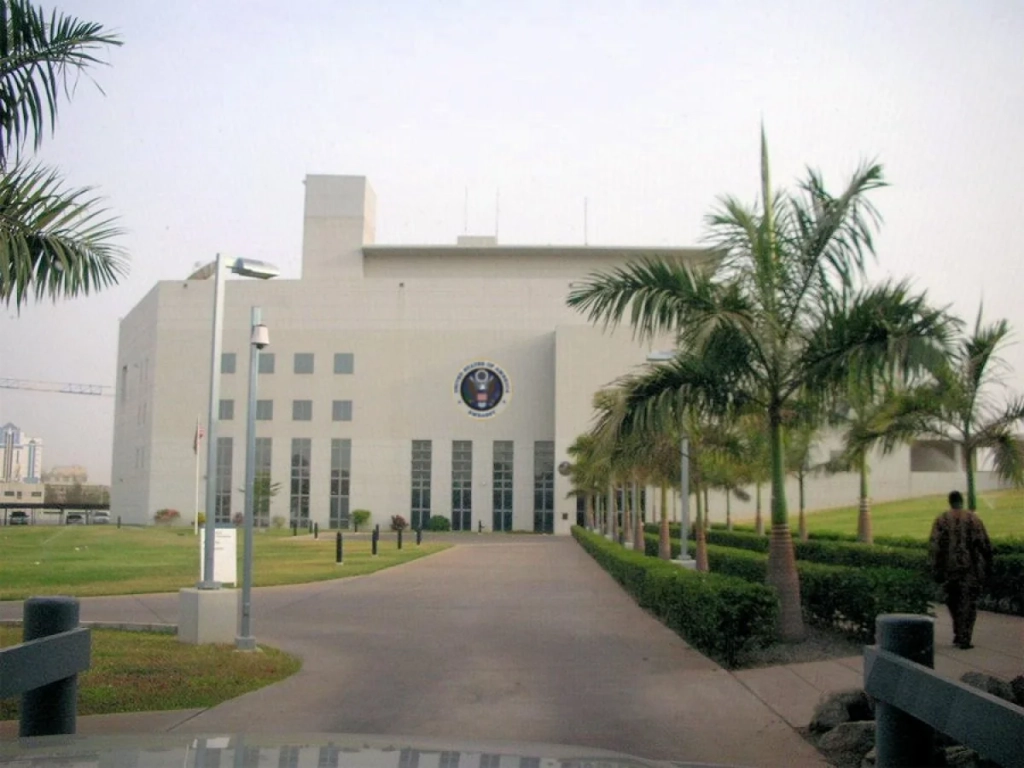The United States Embassy in Nigeria has publicly criticized state governors for spending billions of public funds on lavish renovations and new government buildings amid widespread economic challenges facing citizens. In a social media post on Tuesday, the embassy shared a report highlighting what it described as a stark contrast between the sacrifices demanded of ordinary Nigerians and the financial decisions of the country’s political leaders.
According to the cited report, massive allocations for government infrastructure projects have raised questions about fiscal priorities. In Oyo State, Governor Seyi Makinde’s administration approved 63.4 billion naira (approximately $42 million) to renovate the Government House, citing its current state as “an embarrassment” and “unbefitting.” Meanwhile, in Gombe—a state grappling with high poverty rates—officials earmarked 14.9 billion naira ($10 million) for a new governor’s residence and an additional 14.23 billion naira ($9.5 million) to construct an assembly complex. The expenditures come as President Bola Tinubu urges citizens to endure austerity measures tied to economic reforms, including fuel subsidy cuts and a currency devaluation that have driven up living costs.
“While Nigerians are tightening their belts, the same cannot be said of the ruling class,” the report stated, noting that such projects risk deepening public disillusionment. Transparency advocacy groups aligned with the embassy’s critique, emphasizing that disproportionate spending undermines trust in governance. “Such alleged lack of fiscal responsibility fuels inequality and erodes public trust,” the U.S. Embassy wrote on its official X account, amplifying concerns about accountability.
Nigeria, Africa’s most populous nation, faces mounting economic strain, with inflation nearing 34% and over 63% of citizens living in multidimensional poverty, according to World Bank data. Critics argue that expensive government projects contrast sharply with collapsing public services, including underfunded schools, hospitals, and transportation networks. While authorities defend such spending as long-term investments in infrastructure, opponents contend it reflects a disconnect from everyday struggles.
The debate underscores broader tensions over resource allocation in a country where state governors wield significant control over local budgets. Analysts warn that without visible efforts to align spending with urgent public needs, resentment toward leadership could escalate, further complicating efforts to stabilize the economy. The U.S. Embassy’s decision to highlight the issue signals international attention to governance practices as Nigeria navigates one of its most challenging economic periods in decades.
